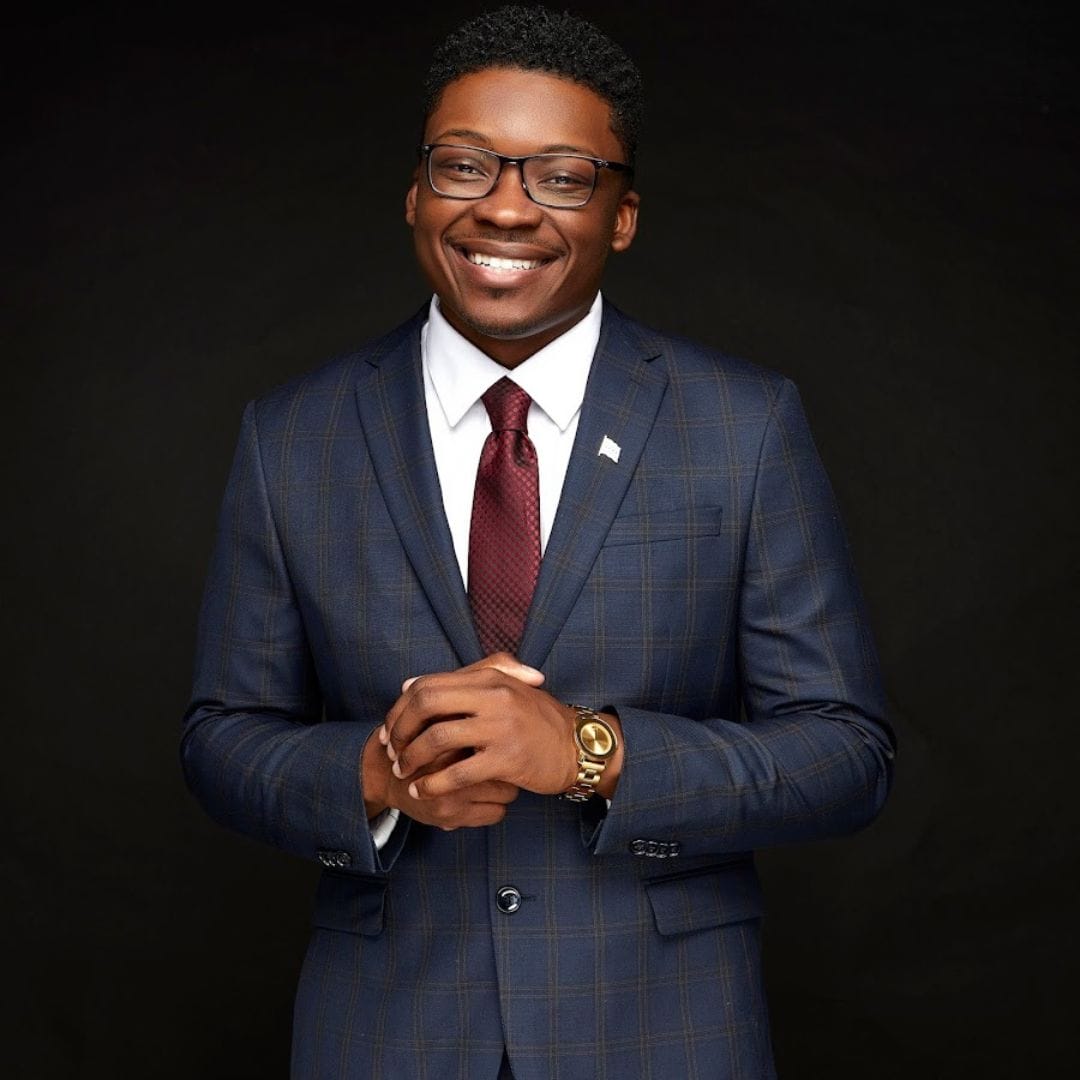By Joshua Burrell
After a press conference at the Quarry on Tuesday, July 26, activist and 2023 mayoral candidate Ja’Mal Green spoke with the Crusader about his campaign priorities. If elected in 2023 he plans to advocate for improved public safety, economic development, climate change, and modern city government.
Green dropped out of the mayoral race in 2019 and, now at 26 years old, he is the youngest candidate running for mayor in 2023. After traveling as a surrogate for Bernie Sanders in 2016 and 2020, Green was pushed to pursue politics seriously and always advocate for the most vulnerable people in the working class.
“What’s important for us to do is, we have to invest in these communities that are suffering the most. We’ve got to change the narrative on public safety,” Green said in an interview on July 26.
“Public safety does not begin and end with police. We cannot overwork the police and think that that’s going to mean safety. We have to have true investments.”
Since June 2022, Green has raised approximately $25,000 in campaign funds. He is challenged by six candidates, including the incumbent 56th Chicago mayor, Lori Lightfoot; state representative for the 26th district, Kam Buckner; and previous mayoral candidate, Willie Wilson.
His adolescent experiences growing up in Gresham, on the South Side, drive his plans for the mayoral candidacy.
He champions having shared trauma, like experiencing gun violence and poverty, with vulnerable communities along the South and West sides of Chicago.
Green acknowledges being a troubled youth who was kicked out of nine different schools. He turned his life around in high school and if elected mayor, plans to create a youth intervention department that would prioritize city resources to support troubled youth before their cycles of deviant behavior intensify.
Green’s intervention department would ensure that if 13-to-25-year-olds are triggered by arrests, dropping out of school, or homelessness they receive proper mentorship, healing housing, and specifically, mental health care treatment.
“I know family members, as well as my late grandfather, who have mental health problems. We have a lot of folks also who experience trauma from gun violence or the effects from it. We are in a situation,” Green said.
“Even our police department has the highest rate of suicides in the country. We can look all over and see how important it is for us to invest in mental health treatment.”
Green proposes “healing houses” to holistically approach mental health solutions in safe spaces with psychiatry, yoga, boxing, and massage therapy. He’d like new mental health resources to replace the mental health clinics that were shut down in 2011 by previous Chicago mayor Rahm Emanuel. Green wants Chicago’s mental health funding to be redirected to meet the needs of the city.
Even without a title, Green has advocated for vulnerable Chicago residents. At the beginning of the COVID-19 pandemic, he raised around $250,000 for small businesses affected by looting to restore and reopen their shops within a week of fundraising. In 2020, he stood against Chase Bank to force a $1 billion investment into communities that had been affected by structural inequalities like redlining.
“One of those key things that truly stabilizes the community is increasing the homeownership rates. You go to Lincoln Park and neighborhoods that are flourishing in our city, and it’s usually 75-percent higher in homeownership rates,” Green said.
“Businesses excel, and the schools are getting the taxes that they need because of homeownership and it creates thriving communities.
“We want to give that all over the city. I want to bring back the single-family mortgage bond, which was used years ago under a different administration,” Green said. “We will use our binding capacity as a city at a billion dollars per year to back home loans to increase homeownership by 10,000 homeowners.”
Green is also the president and co-founder of My Turn To Own, a nationwide initiative that aims to increase homeownership and assist current homeowners facing foreclosures. He started his first community organization at age 15 and led anti-bullying and anti-violence programs throughout the city. He champions universal 3K, which would start children as young as 3 years old in development programs in schools throughout the city.
Next to rejuvenating education city-wide, Green expects to release a climate change and transit modernization plan sometime in August. Chicago is calling on individual homeowners to remove lead service lines that would cost anywhere from $15,000 to $26,000 to remove. The majority of homeowners on the South and West sides cannot afford to resolve the contaminated pipes completely without city aid; Green wants the city of Chicago to address the 400,000 lead pipe service lines that negatively impact the city.
Josh Burrell (they/them) is a freelance writer for the Chicago Crusader Newspaper, pursuing a Master of Journalism Science from Northwestern University.






